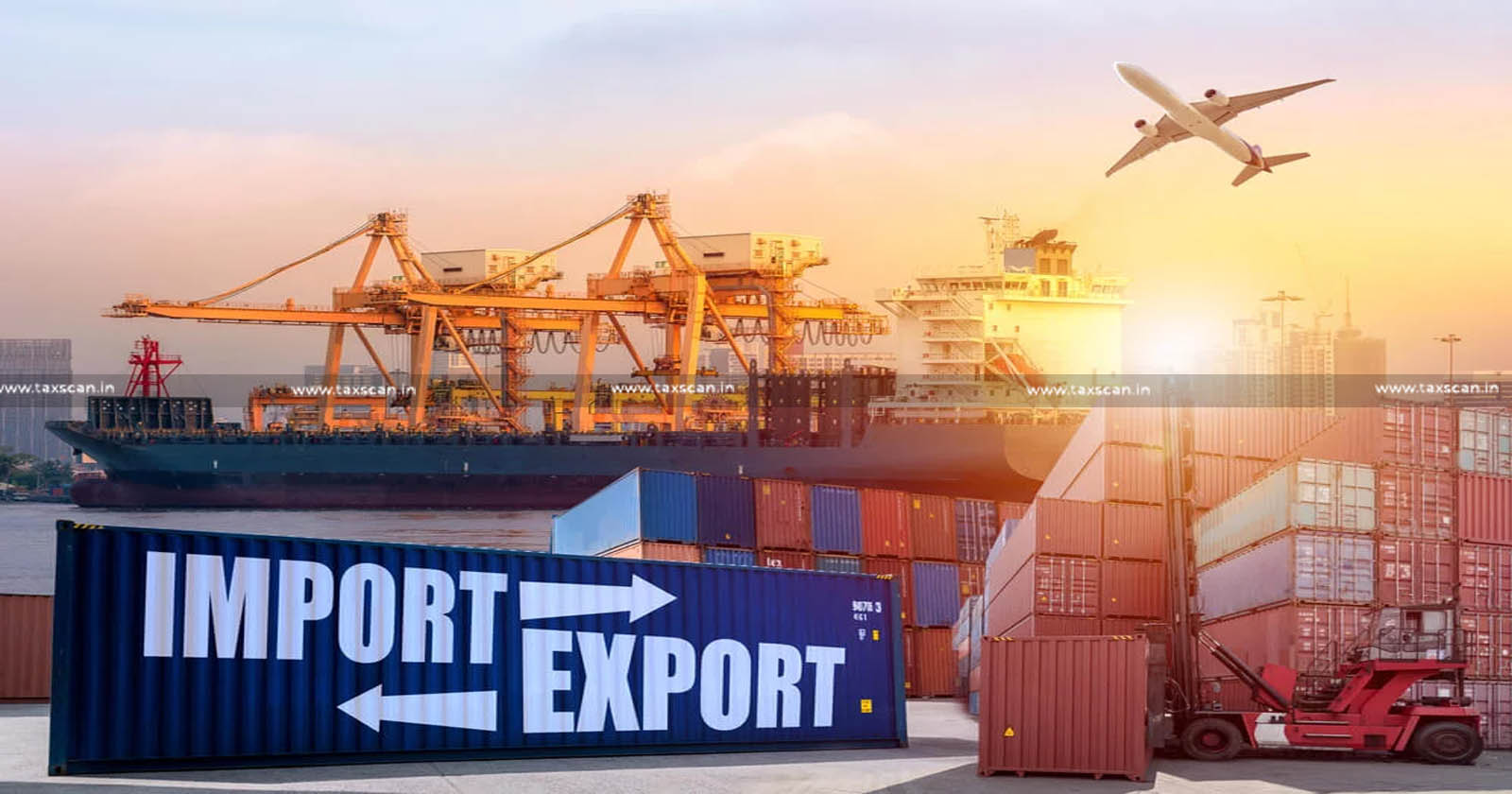New Guidelines for Tax Investigation in Imports and Exports: CBIC Focuses on Business-Friendly Practices [Read Notification]
Through this notification, the CBIC aims to streamline customs investigations while promoting a business-friendly approach to handling tax evasion cases

Tax Investigation – Imports and Exports – CBIC – taxscan
Tax Investigation – Imports and Exports – CBIC – taxscan
The Ministry of Finance, Department of Revenue, has released Notification No. 27/2024-Customs on November 1, 2024. This directive, issued by the Central Board of Indirect Taxes and Customs (CBIC), establishes updated guidelines for Customs field formations in handling tax evasion investigations related to imports and exports.
The notification, authorized under Section 131 of the Customs Act, 1962, is effective immediately from the date of issuance (November 1, 2024). The CBIC explains that Customs field formations and customs houses frequently handle tax evasion cases in imports and exports, classified as commercial intelligence or fraud (CI) cases.
These differ from outright smuggling cases, which typically involve contraband. Given the close ties between import/export activities and business operations, the CBIC emphasizes that investigations into CI cases should maintain a balance between enforcement and ease of doing business.
Master GST Notice Replies – Drafting 20 Notices, Including Appeals - Register Now
Guidelines Outlined in the Notification
- Each investigation requires prior approval from the Commissioner and should conclude within a year, promoting timeliness and preventing unnecessary delays.
- Before starting an investigation, intelligence inputs and relevant aspects of CI cases should be thoroughly analyzed, including cross-references to data, industry practices, and legal precedents.
- The analysis should also include checks on open-source information and existing entries in DIGIT and DIN for related investigations. If the intelligence has cross-jurisdictional relevance, the Commissioner may inform the Director General of Revenue Intelligence (DRI) through the jurisdictional Chief Commissioner.
- After an investigation is approved, principles of ease of doing business and prudence must guide the process:
- Prefer written letters for document requests whenever possible.
- If summons are necessary, adhere to CBIC guidelines, especially when summoning senior management.
- Set reasonable time frames for responses, considering the mode of communication.
- Record the relevancy and necessity of requested information beforehand to avoid repeated requests or piecemeal information gathering.
- Require prior approval (from at least a Deputy/Assistant Commissioner) for each content element in the summons.
- Upload scanned copies of statements recorded under summons, as well as search/inspection outcomes (such as panchnama or mahazar), to the e-office file and notify the Addl./Jt. Commissioner within 4 working days.
- Consider specific difficulties faced by the entity, such as location or logistical challenges, as appropriate.
- Clearly state the purpose of the inquiry in letters/summons, avoiding vague language.
- Allow, where permissible, the option for the summoned individual to attend via an authorized representative.
- Only request documents essential to the investigation, ensuring relevance to the specific inquiry and avoiding “fishing” inquiries.
- Avoid requesting information readily available on government portals or using letters/summons to demand information in specific formats or proformas.
- Conclude investigations Timely, without waiting for legal limitation periods, and do not delay the closure report once government dues are paid.
- If the investigation reveals no objectionable findings, formally record its closure with a statement indicating that no further pursuit is necessary.
- During search or investigation proceedings, if there is no tax due for recovery, the investigating officer should inform the entity about the legal provisions regarding voluntary payment.
- The Commissioner overseeing CI investigations should address any grievances that arise during the inquiry. If reasonable grievances persist, the Commissioner may arrange a meeting with the importer/exporter or their representative by appointment to discuss and resolve issues.
To Read the full text of the Order CLICK HERE
Support our journalism by subscribing to Taxscan premium. Follow us on Telegram for quick updates


